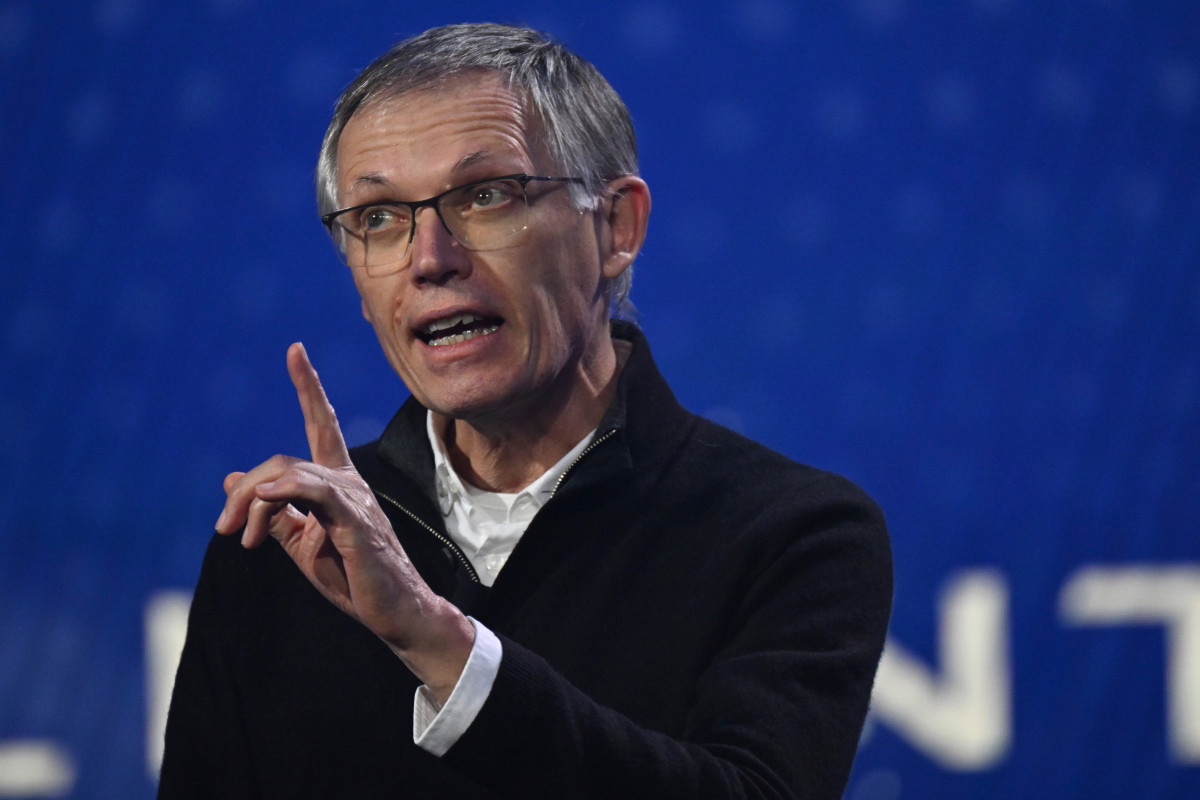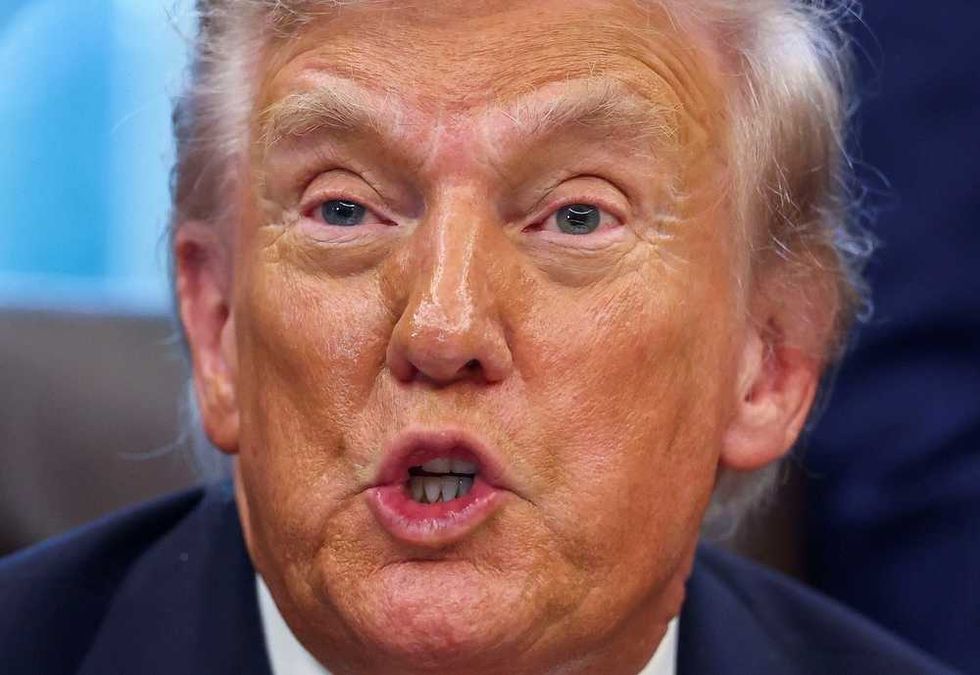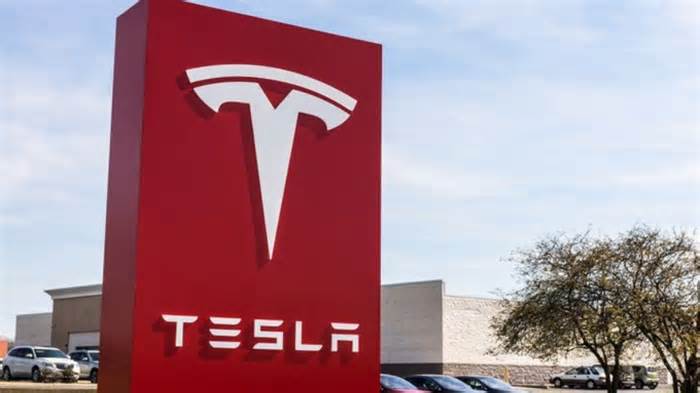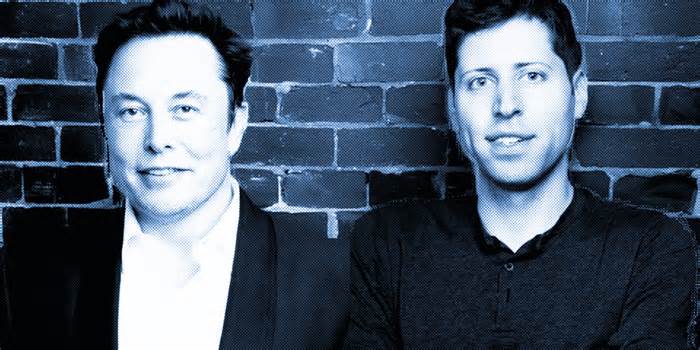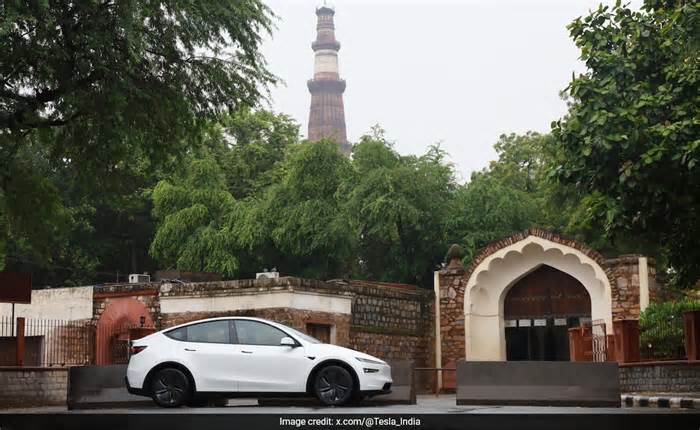
Tesla’s Energy Business Gains Momentum as Elon Musk’s A.I. Dreams Stall
- by Observer
- Oct 23, 2025
- 0 Comments
- 0 Likes Flag 0 Of 5
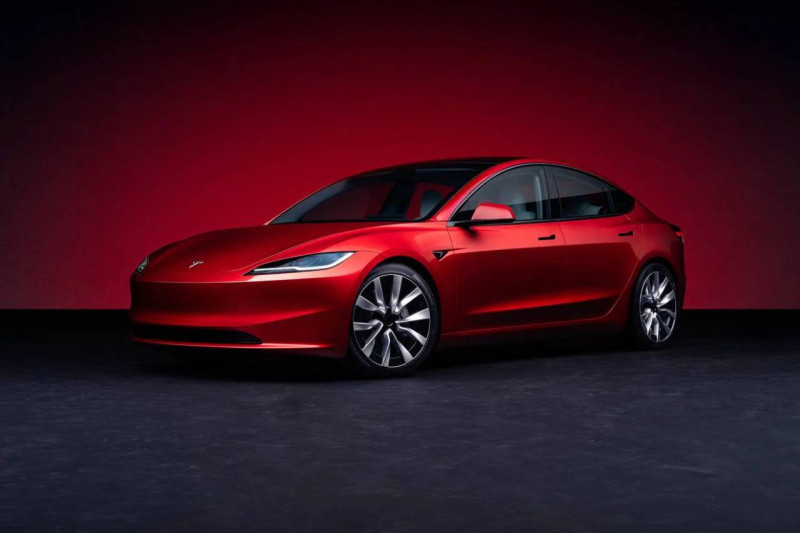
An aerial view of Tesla’s Megapack battery plant in Shanghai, China.
VCG via Getty Images
By financial measures, Tesla remains an automobile company. CEO Elon Musk, however, continues to frame the company’s future around self-driving technology and humanoid robots. But the company’s most promising division right now has little to do with either vehicles or A.I.
Sign Up For Our Daily Newsletter
Sign Up See all of our newsletters
It’s easy to overlook Tesla’s energy generation and storage business, which still represents a relatively small portion of the company’s overall revenue. But that slice has been growing. The energy unit now accounts for 12 percent of Tesla’s total sales, according to the company’s third-quarter earnings report released yesterday (Oct. 22). The energy unit’s share of total revenue has doubled since 2023.
The energy division is also growing much faster than Tesla’s other businesses. Revenue for the unit reached $3.4 billion between July and September, up 44 percent year over year. By comparison, Tesla’s EV sales rose only 6 percent to $21.2 billion, while its other revenue sources increased 25 percent to $3.4 billion for the quarter.
Hampered by tariffs and lowered car prices, Tesla’s third-quarter profits plunged 37 percent to $1.4 billion. Total revenue rose 12 percent to $28 billion, buoyed by a surge in car sales ahead of expiring EV tax credits.
Globally, Tesla has also been losing market share. Registrations in the European Union dropped 43 percent in the first eight months of 2025 compared to last year, according to data from the European Automobile Manufacturers’ Association. Shipments from Tesla’s Shanghai Gigafactory, which primarily supplies the Asia market, similarly declined this year.
Instead of addressing EV sales, Musk used yesterday’s earnings call to talk up his vision for autonomous technology and robots. “I think people just don’t quite appreciate the degree to which this will take off—honestly, it’s going to be like a shock wave,” he told analysts.
Musk, who has long made overly ambitious promises about self-driving cars, predicted that Tesla’s robotaxis would operate in eight to ten cities by the end of 2025 and claimed the Optimus robots would eventually perform tasks on par with surgeons. But for now, that vision remains far from reality.
What is taking off is Tesla’s energy division, which sells Powerwall and Megapack battery systems. Earlier this month, the company reported deploying 12.5 GWh of storage products in the July-September quarter, a more than 80 percent increase from last year, as energy demand surges amid an A.I. infrastructure boom. One of the division’s key clients is Musk’s A.I. startup xAI, which spent around $191 million on Megapack products in 2024 and nearly $37 million through February of this year.
“Demand for Megapack and Powerwall continues to be really strong into next year,” Michael Snyder, Tesla’s vice president of energy and charging, told analysts yesterday. “We’re seeing remarkable growth in the demand for A.I. and data center applications.”
The unit also manufactures solar panels for residential use, which have seen rising demand across the U.S. Snyder announced Tesla will begin shipping a new domestically produced panel at the start of 2025.
The growth of Tesla’s energy business is even more notable given the toll of the Trump administration’s tariff policy. During the third quarter, Tesla said it incurred more than $400 million in tariff-related costs, split between its EV and energy units. This impact should ease as Tesla ramps up production at the Shanghai factory to serve non-U.S. energy demand, according to the company.
Musk said the energy division’s profitability will only increase as the A.I. boom fuels soaring power needs that traditional power plants alone can’t meet. He described Tesla’s energy products as a way to double energy output without the delays and regulatory hurdles of building new facilities. “We see the potential for Tesla battery packs to greatly improve the energy output per year for any given grid—U.S. or otherwise,” he said.
Please first to comment
Related Post
Stay Connected
Tweets by elonmuskTo get the latest tweets please make sure you are logged in on X on this browser.






 Energy
Energy




